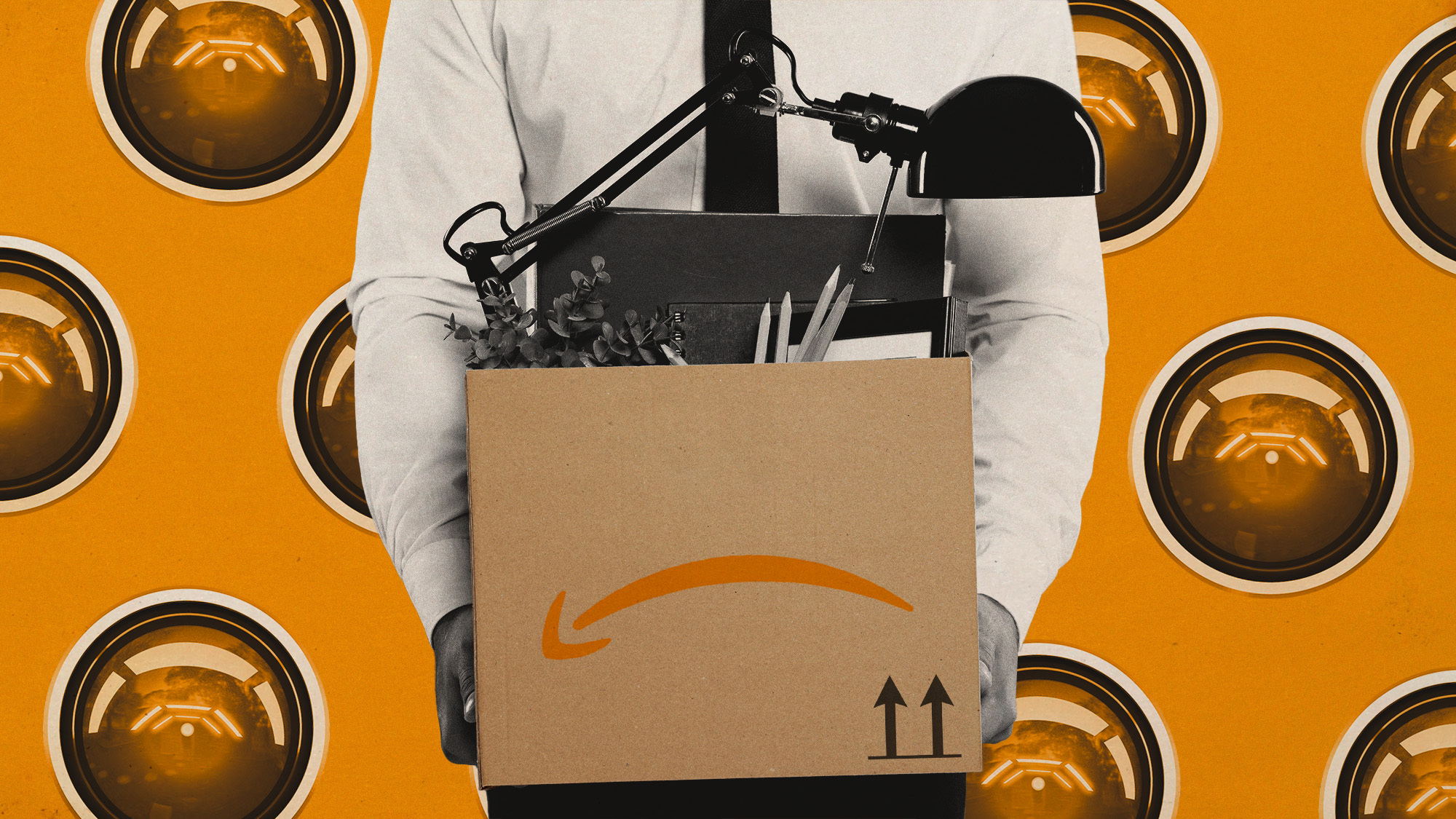Facebook and Google are free. They shouldn't be.
You're not Facebook's customer. You're a mere user. And that's a bad thing.


Most everyone takes it for granted that Facebook, Google, Twitter, Snapchat, and Instagram are free. But we all might be better off if we had to pay for these services.
Because we don't pay them, we aren't actually Google or Facebook's customers. They make money by selling ad space and by amassing data on our internet behavior. Google or Facebook's real customers are the companies paying for that ad space and data. And since the return on any one individual ad is meager, making the business model pay requires collecting vast amounts of data, and then hyper-targeting a ton of ads.
Now, for many tech giants — Apple, Microsoft, Amazon — users are also customers. But for the big internet social and search platforms, we users are more akin to natural resources from which wealth is extracted. If Google and Facebook were oil or coal companies, we'd be the geologic formations and mountaintops they're drilling and blasting.
The Week
Escape your echo chamber. Get the facts behind the news, plus analysis from multiple perspectives.

Sign up for The Week's Free Newsletters
From our morning news briefing to a weekly Good News Newsletter, get the best of The Week delivered directly to your inbox.
From our morning news briefing to a weekly Good News Newsletter, get the best of The Week delivered directly to your inbox.
Consider how this situation affects privacy. Because we don't pay them, Facebook and Google have less incentive to treat our data with care and respect. Angering users is less scary than angering actual customers. If anything, keeping your data private is a drag on profitability.
Consider the lack of transparency we have into how we use these services. Facebook's feed and Google's search engine are the primary ways millions upon millions of people get news, connect with friends, and find stuff on the internet. But what actually shows up in our feeds and searches is driven by vast and complex algorithms about which we know next to nothing. Tech giants change these algorithms all the time for whatever reasons they see fit: Whole internet businesses and media outlets — not to mention nonprofit and civic organizations — have risen and fallen based on those changes.
"We’re living in this time of total opacity where you don't know why you see the news you see," Jaron Lanier, one of Silicon Valley's grand old men, told The New York Times. "You don't know if it's the same news that someone else sees. You don't know who made it be that way. You don't know who's paid to change what you see. Everything is totally obscure in a profound way that it never was before."
That's because these algorithms aren't necessarily designed to help us or better inform us. They're designed to extract value from us. "Ad-based financing means that the companies have an interest in manipulating our attention on behalf of advertisers, instead of letting us connect as we wish," wrote Zeynep Tufekci, an assistant professor at the the University of North Carolina's School of Information and Library Science.
A free daily email with the biggest news stories of the day – and the best features from TheWeek.com
Facebook's business model is "mass behavior modification for pay," as Lanier puts it. What effect does that modification have on us as people?
Lanier points to behavioral science showing that negative emotions — outrage, fear, resentment, jealousy — more reliably grab people's attention and generate responses. On the internet and social media, we have a natural incentive to spark those emotions in others to drive attention and traffic to ourselves. And the companies who manage these platforms have a natural incentive to help us do it. This should resonate with anyone who's gotten into arguments on Twitter or scrolled through comments on news articles.
These tendencies also emerge in major news and media outlets: clickbait headlines, relentless hot takes, and editorial philosophies built around generating continuous outrage. Even the dangers of fake news, and bots spreading misinformation, is a natural outgrowth of the very way social media companies make money. The business model does not reward a more informed readership or a more productive political dialogue — it rewards clicks and views, however they are generated.
There's even growing evidence that internet and social media can poison our mental health — particularly for young people. If the whole thing is built around sparking and nurturing negative emotions, that's hardly surprising.
Lanier's solution is for these companies to pay us for our time and attention and the data they generate. It makes intuitive sense: If value is being extracted from us, shouldn't we be compensated?
Tufekci's solution is more straightforward and plausible: Google, Facebook, and other social giants should be subscription-based services, the same way Netflix is. Their users should be customers. That would immediately wipe away nearly every issue I've outlined above. We would no longer be bombarded by incessant advertisements, and both platforms would have far less incentive to gather data on our internet behavior or share it with third parties. They'd become far more sensitive to consumer sentiments and complaints in how they designed their algorithms, which would probably have positive spillover effects for all the other businesses that rely on the internet and these platforms.
How much would it cost us? Well, Facebook pulled in $27.6 billion in revenue in 2016, at the end of which it had around 2 billion active monthly users. Facebook could generate that same amount charging those users a mere $13.80 for a year's subscription.
Google is slightly more complicated, and likely more expensive. But over all of 2016 it generated around $100 billion in revenue, and across its devices and various internet properties it has around 3 billion active monthly users. That's a little less than $34 per Google user for a year's subscription.
This solution obviously presents challenges. How would you implement it? Perhaps by passing laws that require social media platforms and internet service providers to continually ask users' permission to show ads or gather data. If you regulate in a way that intentionally makes the process onerous enough, companies would likely revert to subscription services as the more user-friendly route.
Nothing is actually free. If it looks free, that just means the cost is hidden. And when the cost is hidden, it's hard to know whether that cost is worth paying.
Jeff Spross was the economics and business correspondent at TheWeek.com. He was previously a reporter at ThinkProgress.
-
 JD Vance wades into choppy religious waters about wife Usha
JD Vance wades into choppy religious waters about wife UshaTHE EXPLAINER By emphasizing his hope that the Second Lady convert to Christianity, the Vice President of the United States is inviting controversy from across the religious spectrum
-
 One great cookbook: ‘My Bombay Kitchen’
One great cookbook: ‘My Bombay Kitchen’The Week Recommends A personal, scholarly wander through a singular cuisine
-
 Is AI to blame for recent job cuts?
Is AI to blame for recent job cuts?Today’s Big Question Numerous companies have called out AI for being the reason for the culling
